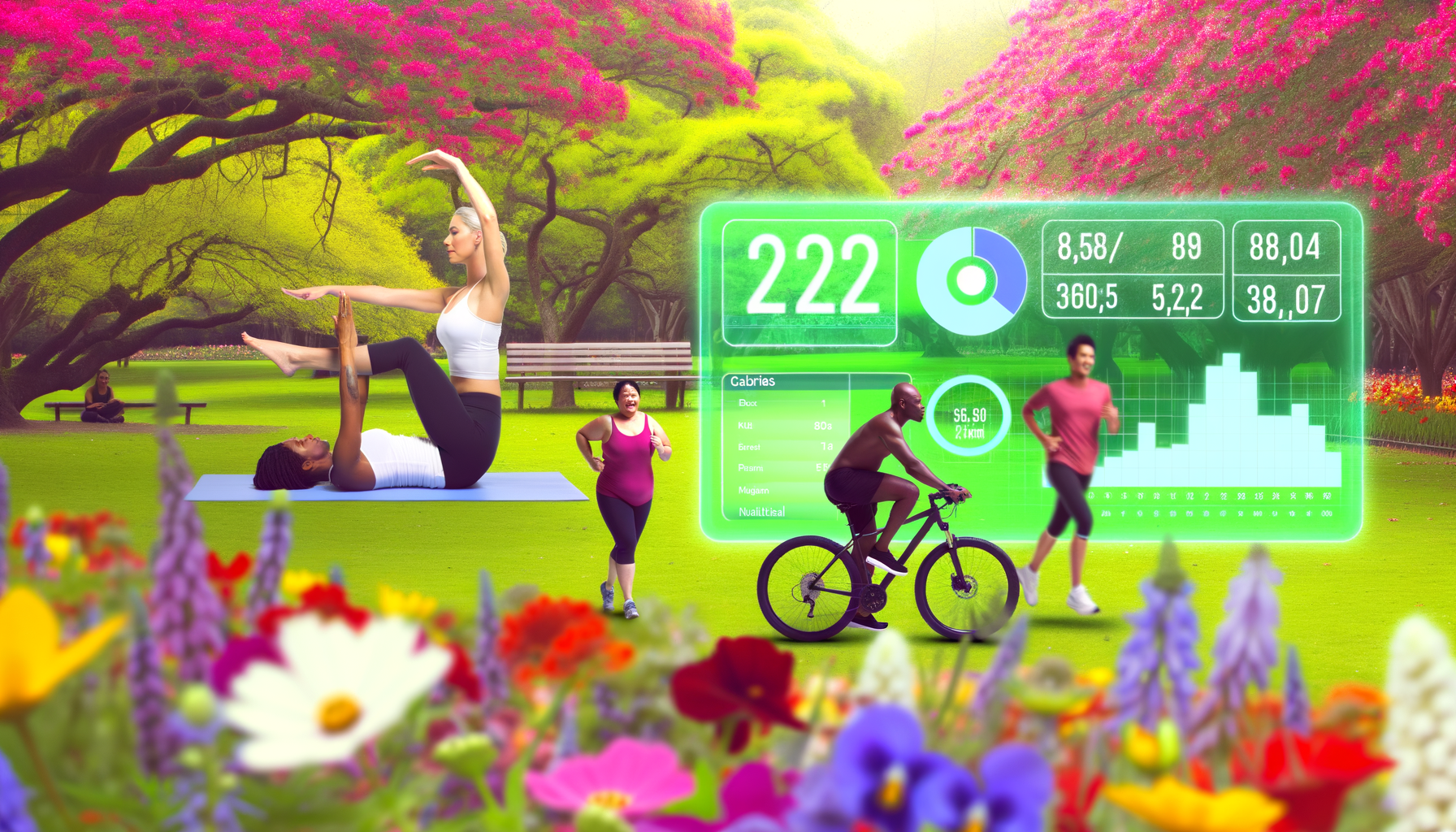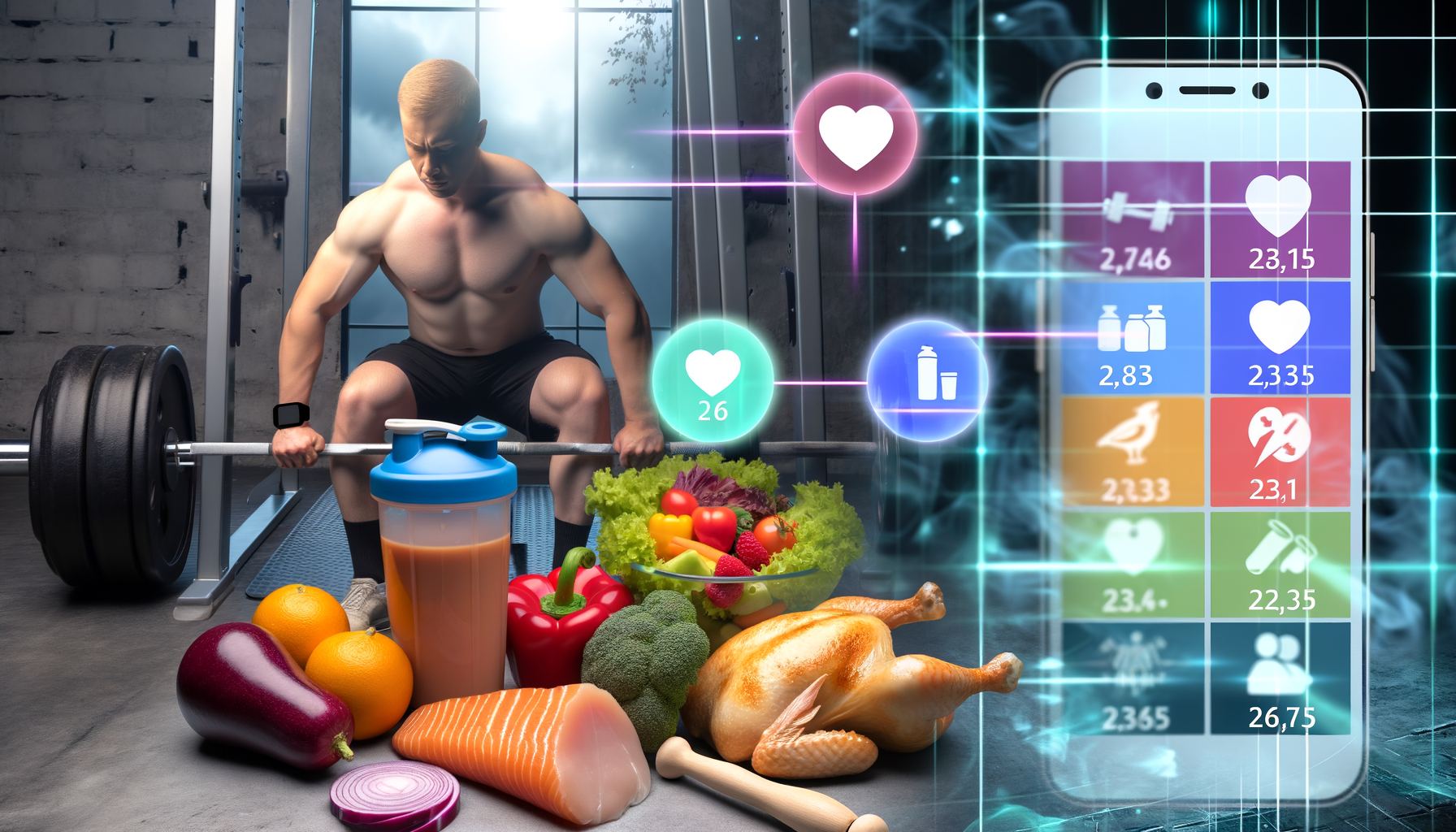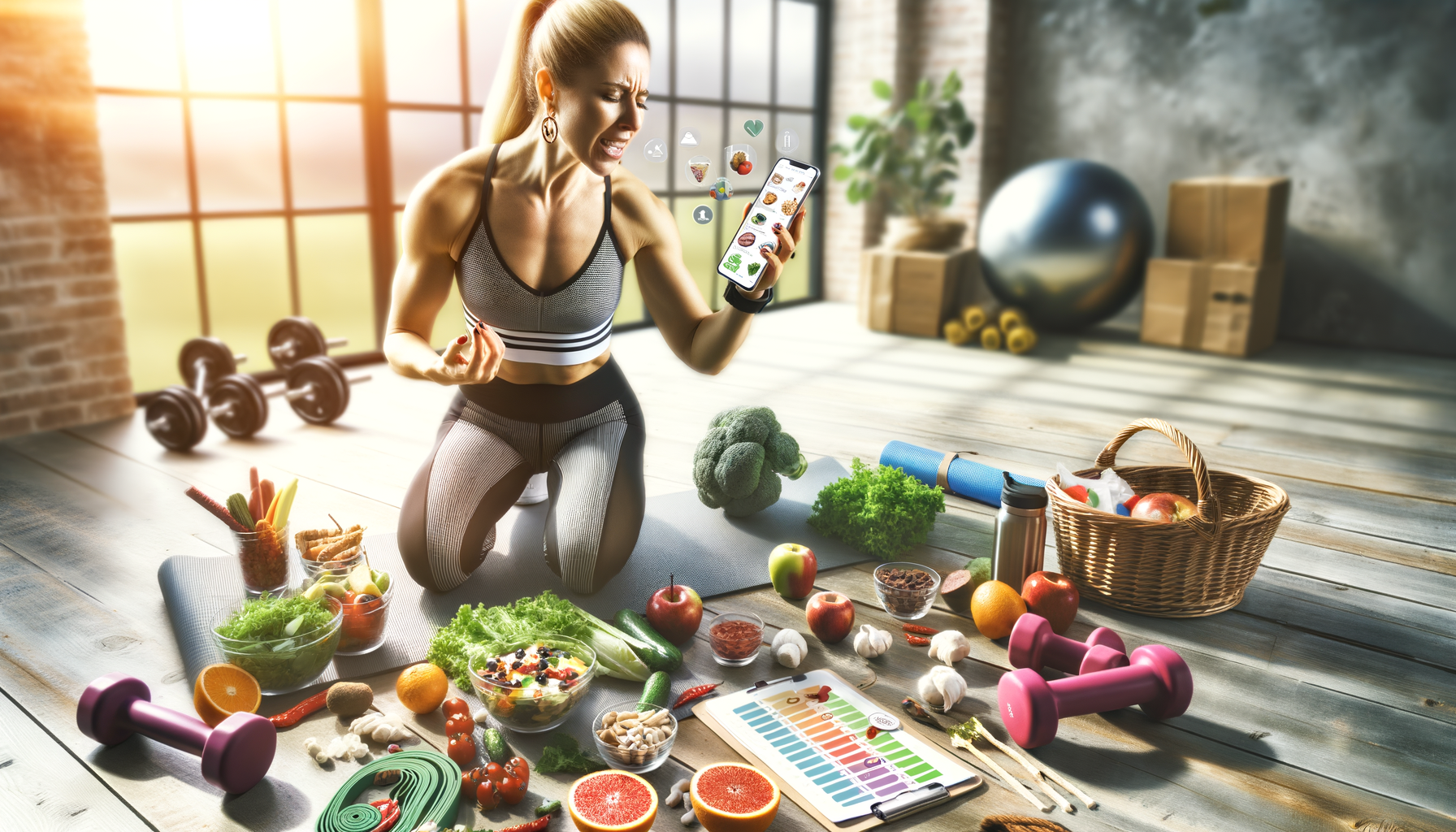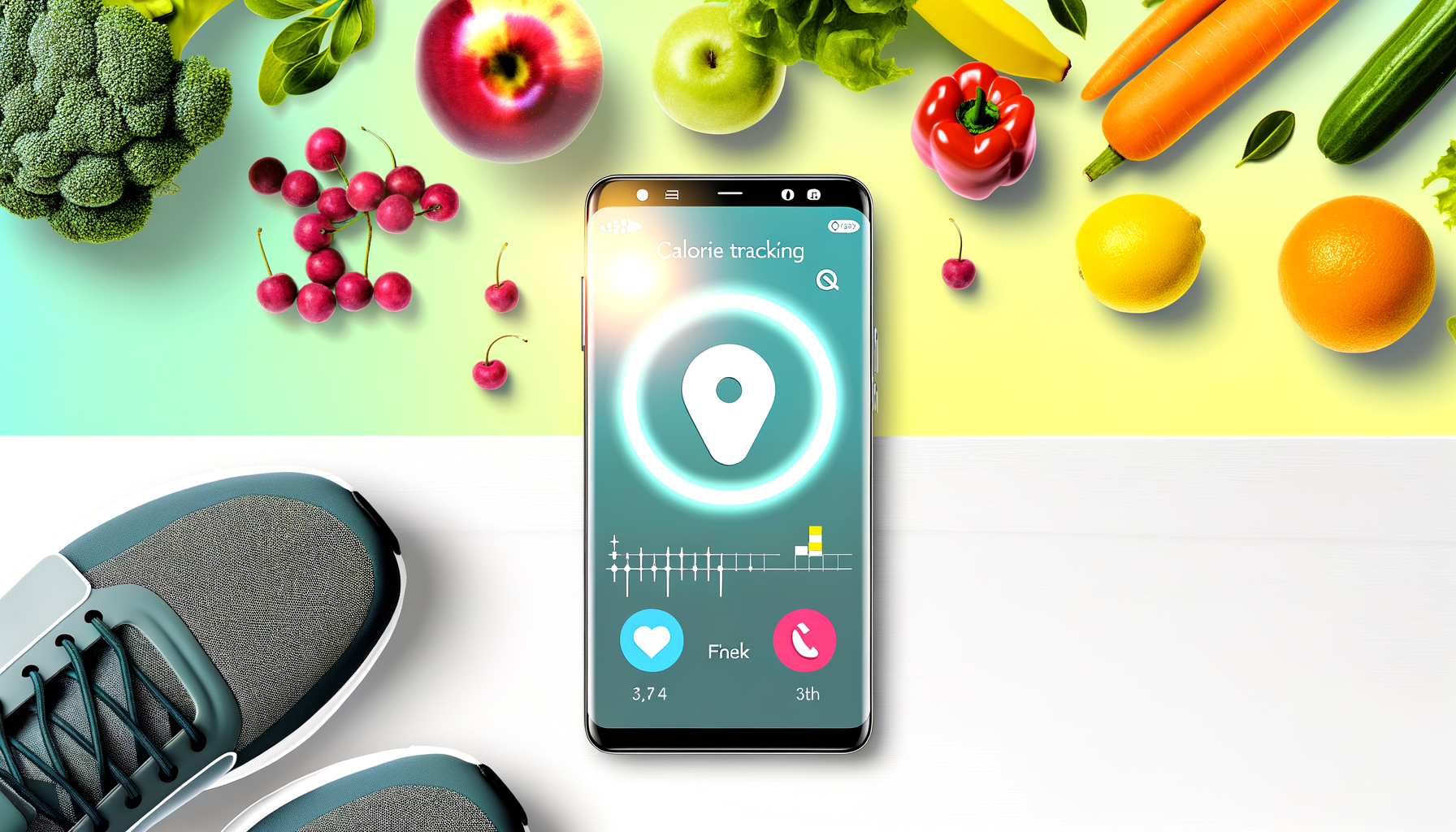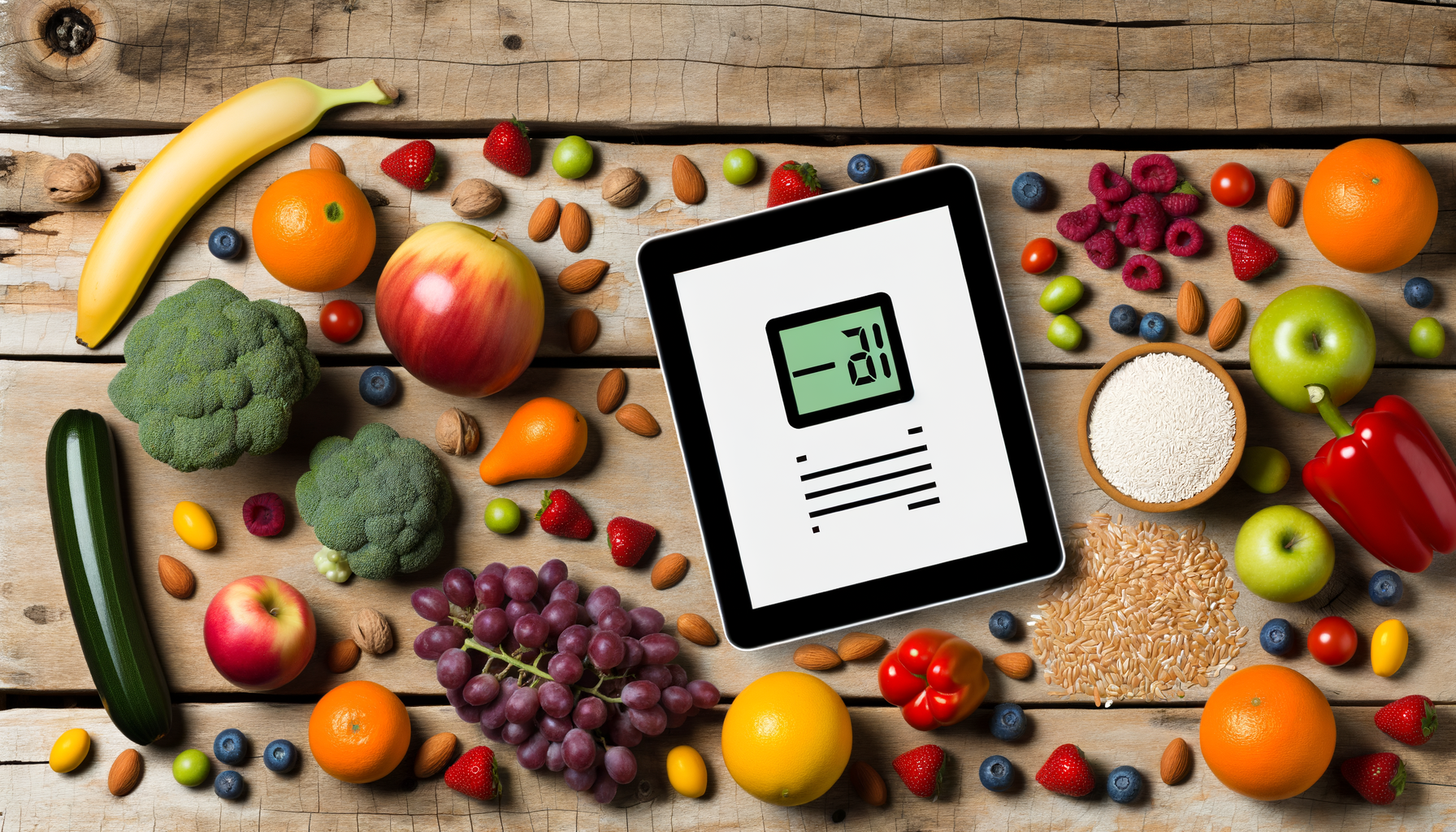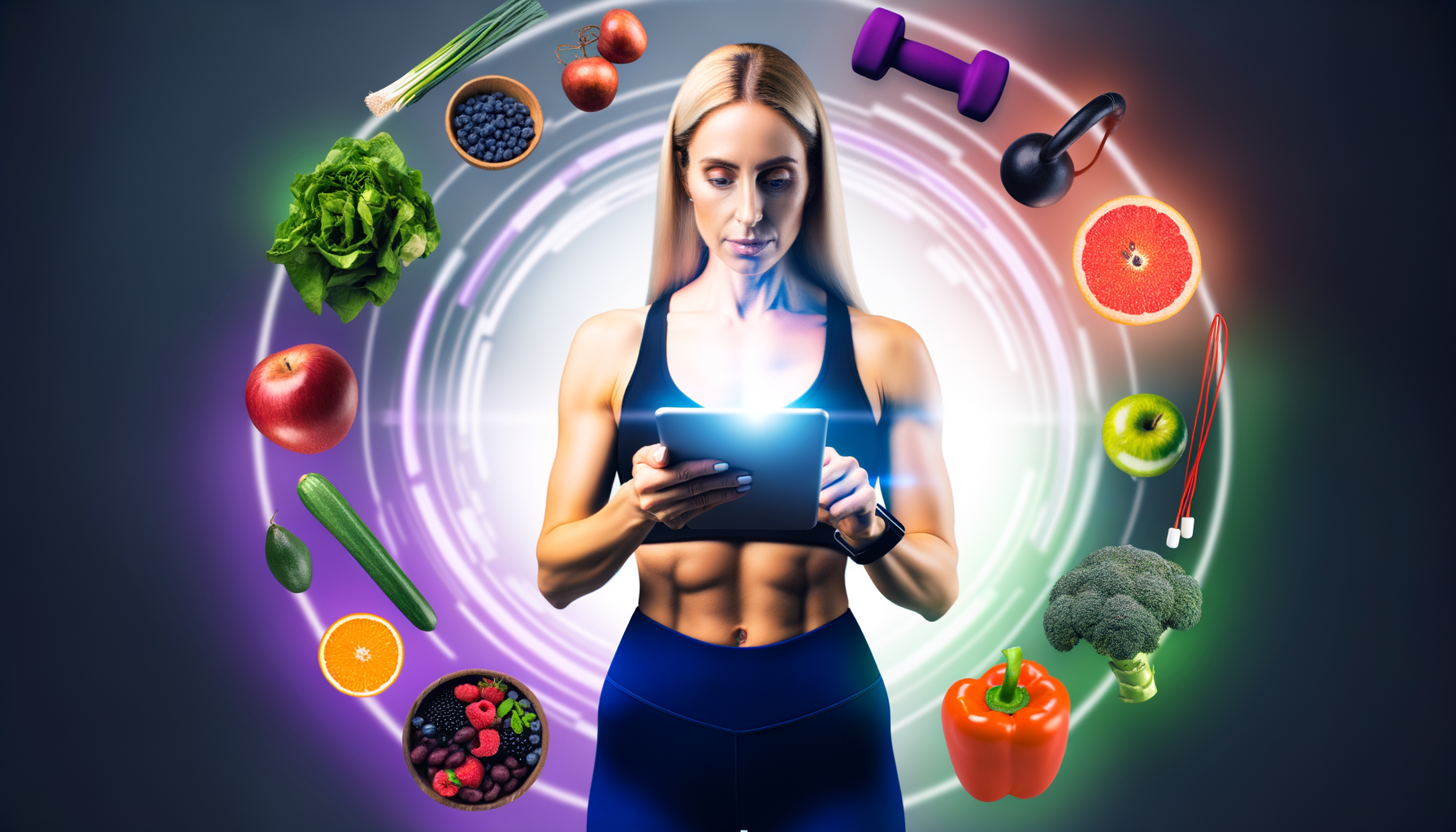The Future of Nutrition: Personalized Eating Plans with AI and Calories
The integration of artificial intelligence (AI) and data-driven recommendations is revolutionizing the field of nutrition by offering personalized eating plans tailored to individual needs. This technology ensures that dietary advice is no longer generic but is tailored to each person’s unique genetic makeup, lifestyle, health status, and personal preferences. As technology continues to advance, AI nutrition apps are becoming increasingly sophisticated, providing users with comprehensive tools to monitor and manage their dietary habits, track calories, and achieve their health and wellness goals.
Personalization in Nutrition: The Role of AI
Traditionally, nutrition advice has been a one-size-fits-all approach. However, with AI, this is changing. Platforms like Suggestic and Nourish are using AI to create hyper-personalized meal plans. These platforms analyze various factors, including genetic data, lifestyle, health conditions, and dietary preferences, to provide customized nutrition advice that adapts over time as the user’s needs change.
For instance, Suggestic’s proprietary AI adjusts meal plans based on data from clinical lab tests and wearable devices, allowing users to swap out meals and exclude those they dislike. This level of personalization enhances the effectiveness of dietary interventions and empowers individuals to make informed decisions about their health.
AI in Meal Planning
AI-powered nutrition apps also offer real-time analysis and instant meal planning. By leveraging machine learning and computer vision, these apps can analyze images of meals to provide instant calorie counts and nutritional information. For example, apps like MyFitnessPal and Lifesum can create meal plans based on dietary preferences and restrictions, whether it’s keto, vegan, or high-protein diets.
This level of customization is not limited to meal planning alone. AI can also suggest healthier grocery options based on a user’s dietary needs, ensuring that their shopping aligns with their health and wellness goals.
Calorie Tracking and Management
Calorie tracking, once a laborious process of manual entry, is now streamlined through AI-powered apps. Users can simply scan or take pictures of their food to automatically calculate calorie intake. This ease of tracking helps in maintaining a consistent dietary routine and in monitoring progress toward fitness goals.
To integrate calorie tracking into your health routine, tools like the WP Calorie Calculator can provide valuable insights into daily calorie needs and assist in planning meals accordingly. For more detailed dietary plans, you can review the WP Calorie Calculator Plans, which offer tailored solutions for different health objectives.
Smart Grocery Recommendations
AI technology extends beyond meal planning to smart grocery shopping. By analyzing a user’s dietary preferences and needs, AI can suggest healthier alternatives to common grocery items. This ensures that the foods purchased not only taste good but also support the user’s overall health and wellness goals.
For instance, if a user is following a vegan diet, AI can recommend plant-based alternatives to meat products, guiding them towards more sustainable and health-conscious choices. This level of personalization in grocery shopping not only simplifies the purchasing process but also encourages healthier eating habits.
Future Trends in AI-Powered Nutrition
As AI continues to evolve, its potential impact on nutrition and health is vast. The future promises even more sophisticated personalized nutrition plans, predictive analysis to forecast nutritional needs, and seamless integration of technology into daily life for better health management.
However, there is also a need for continued debate on the efficacy of AI in personalized nutrition planning. Experts are discussing the merits of AI in this context, ensuring that these technologies are not only effective but also safe and accessible to a wide audience (Adameeting News).
Impact on Gut Health
Recent studies have shown that AI-driven personalized nutrition can positively influence the gut microbiome. By tailoring diets to individual needs, these programs can support a healthier gut environment, which is crucial for overall health and immune function (News-Medical).
Conclusion and Next Steps
In summary, AI is reshaping the nutrition landscape by offering tailored dietary advice and advanced calorie tracking options. As technology continues to advance, we can expect even more precise and effective personalized nutrition plans. For those looking to integrate these technologies into their health routine, exploring platforms like AI-powered nutrition apps can be a valuable first step.
To further enhance your health and fitness journey, consider leveraging tools like the WP Calorie Calculator for comprehensive calorie tracking and meal planning insights. By embracing these innovations, individuals can achieve their health goals more effectively and maintain a balanced lifestyle.
For more insights on the latest trends in fitness and nutrition, check out articles on how AI is transforming fitness and nutrition and explore innovative personalized nutrition startups that are leading this revolution.



